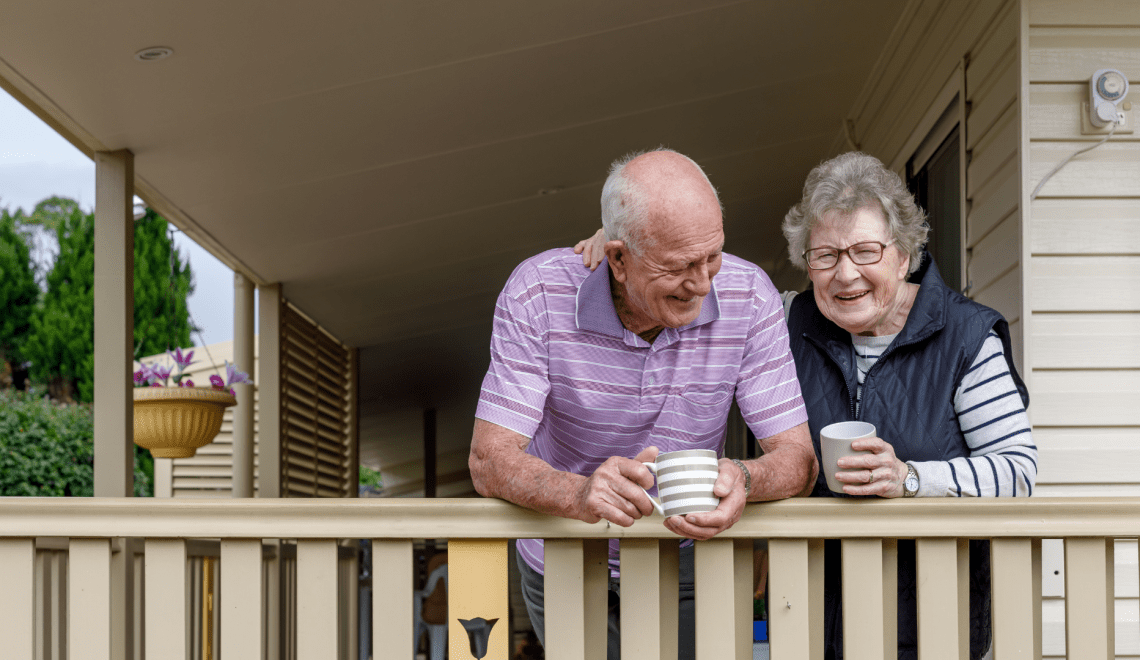
With our rapidly evolving world, the importance of accessible support networks cannot be placed in any greater spotlight. These networks serve as key lifelines that enable one to lead an independent life while receiving the care and support needed. Whether the person is faced with age-related challenges, living with disability, or fighting illness, well-structured support systems are the key. They bridge the divide between isolation and community engagement, transforming lives through empathetic, expert care. Most importantly, these networks allow individuals to remain an active member of their community while accessing individualised care that respects their dignity and autonomy.
Building Foundations for Independent Living
Building effective support networks begins with an appreciation of the fact that all people have the right to live independently and with dignity. Community-based services make up the core of the networks, providing those in need with the resources to maintain their quality of life in the comfort of familiar environments. The networks provide individuals with a connection to an array of services, including personal care and household assistance, in attempting to isolate no one. When established properly, they become lifelines that enable people to continue living their passions, remain connected to their loved ones and friends, and engage in their communities positively.
Individualised Support That Is Flexible
Each person has unique circumstances, preferences, and needs which must be considered when building support plans. Good networks recognise that everyone is unique and offer solutions that are adaptable enough to change in response to shifting requirements in the future. This personalised approach ensures individuals are provided with exactly the right amount of help without feeling excessive stress or being underserved. Through home care packages, individuals receive services according to their own needs, respecting their individual choices but providing meaningful assistance that supports day-to-day living and enhances the quality of life.

Strengthening Community Connections and Social Bonds
Social isolation impacts wellbeing significantly, so building community connection is a key component of any support strategy. Social programs offering social contact, group activity, and community participation break up loneliness while creating long-lasting friendships. Transport programs enable individuals to attend social events, medical visits, and community activities and remain engaged with the outside world. Services recognise that support extends beyond care of the body to include emotional and social needs. By fostering those relationships, support networks help individuals maintain their place and identity in communities.
Professional In-Home Care Services
Good-quality home care is a foundation of support, enabling individuals to be helped professionally in safe, cosy environments. Professional carers offer anything from everyday domestic tasks to complex medical requirements and flexible services to cater for shifting needs. The method honours an individual’s personal preference and keeps safety and well-being paramount. Professionally trained care teams work alongside clients and families to create an entire spectrum of care plans that address physical, emotional, and pragmatic issues. This creates a cohesive support system that encourages independence, not cuts it short.
Building Safe and Accessible Living Spaces
A safe-from-harm environment in the home is the basis of independent living, and therefore adapting and altering become central elements of well-integrated support systems. Simple alterations such as fitting grab rails, changes in lighting, or rearranging living areas can significantly enhance safety and mobility. Professional evaluation is applied to identify hazards and suggest practical measures that eliminate accidents but maintain comfort and usability. Such accommodations frequently are wisely spent money that allow individuals to stay in their homes longer and minimise the potential for injury or crisis that might threaten their independence.
Coordinated Care for Complex Health Needs
Some illnesses necessitate the oversight of coordinated care by a team of professionals working in alliance to follow shared goals. Optimal support mechanisms ensure effective communication between doctors, nurses, therapists, and other healthcare professionals to provide standard, complete care. Coordination avoids disruptions in service delivery while reducing duplications to the minimum. Care plans are kept up-to-date and operational by constant monitoring and assessment as health needs change. Through this planned partnership, the patients gain the health care they require without relinquishing control over their health care decisions and treatment choices.
Empowering Families and Carers
Informal relatives and carers have key roles to play in supporting networks, providing the emotional support allowing formal services to flourish. Training and education programs allow families to be informed about resources available and also acquire skills for offering proper support without being overwhelmed. Respite care provides a break for family carers so they do not become exhausted while providing ongoing care to their relatives. By recognising and helping these unpaid carers, professional support networks are made more effective and more enduring. This model of partnership builds more robust, more resistant systems of support that work for everyone.
Models of Long-Term Sustainability
Building lasting support networks requires models that are flexible enough to accommodate shifting demographics and new needs without sacrificing economic sustainability. Community alliances, volunteer programs, and creative models of service delivery create cost-effective solutions with maximum impact. Investment in prevention and early intervention is typically more cost-effective than reactive intervention after the fact. By the principle of intervention through sustainability, support networks can extend for decades to come, with long-term support that individuals can rely on for the rest of their lives without compromising quality care and service provision.
The importance for children to have basic First Aid knowledge.








